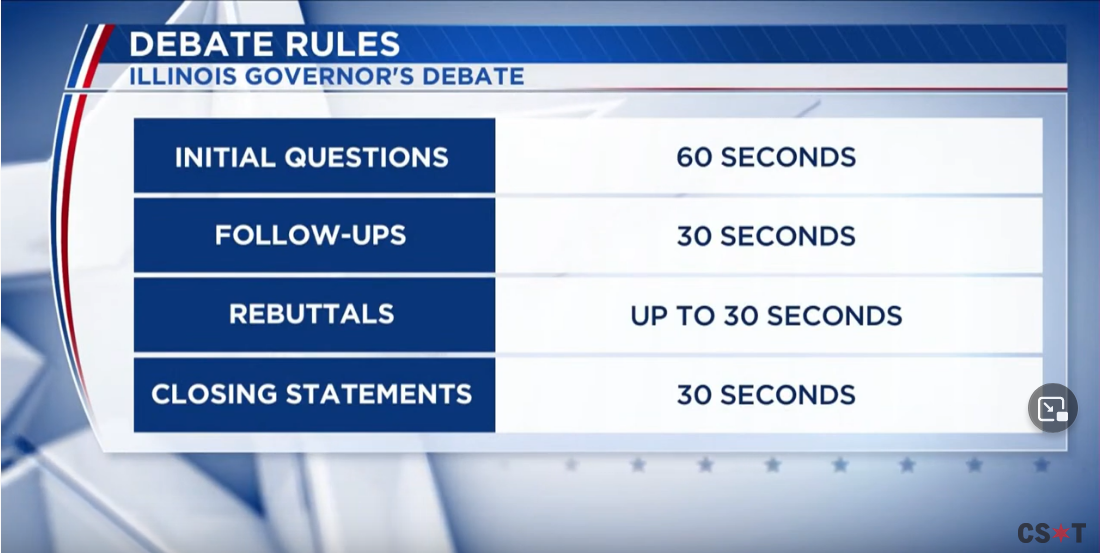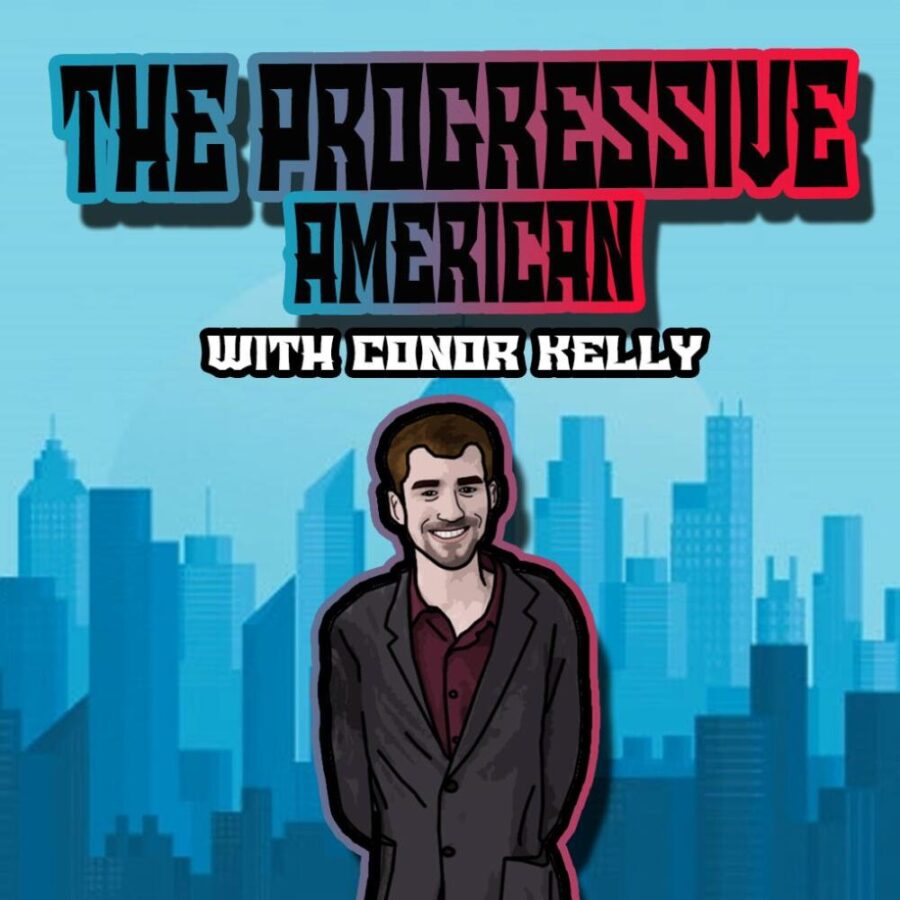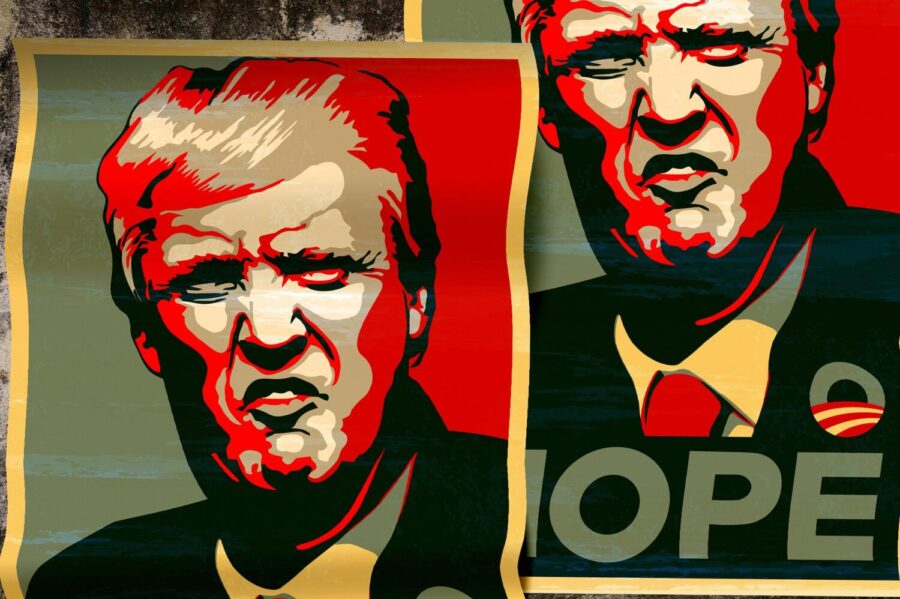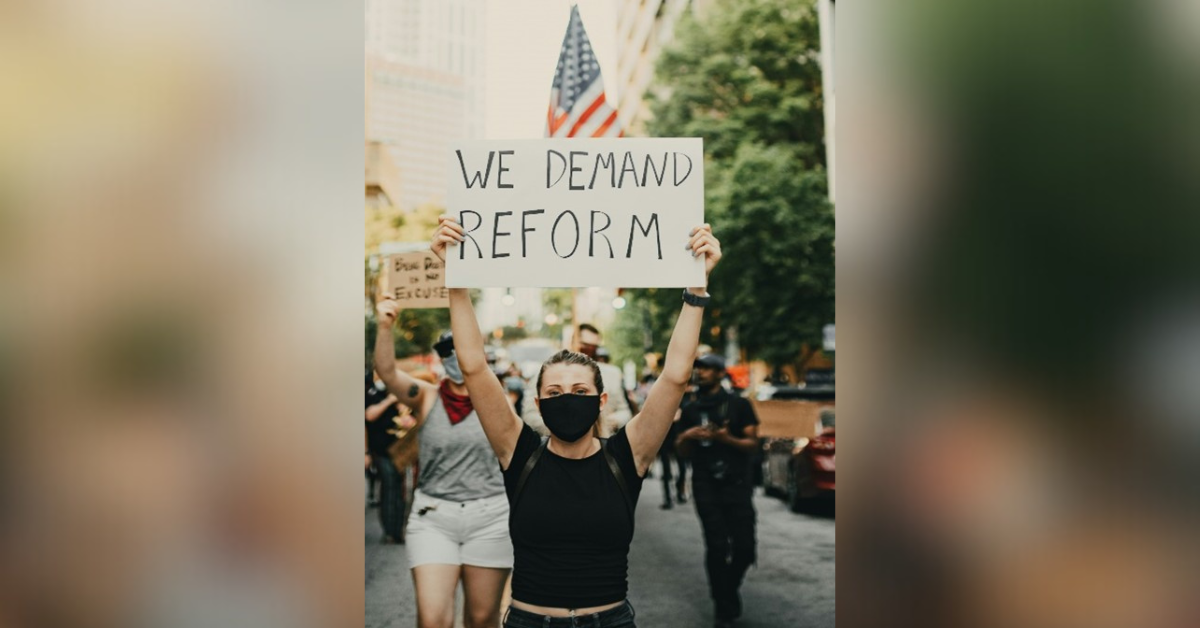Gubernatorial candidates J.B. Pritzker and Darren Bailey faced off in a debate at Illinois State University on Thursday, Oct. 6. The debate, moderated by WGN-TV News anchor Tahman Bradley and WCIA-TV News anchor Jennifer Roscoe, touched on everything from the state budget, the SAFE-T Act, pensions, abortion, gun regulation, and COVID mitigation, along with several other topics.
The rules were simple and straightforward. Each candidate was given 60 seconds to respond to each question and 30 seconds for follow-ups to those questions, and 30 seconds for rebuttal. Finally, candidates were allowed 30 seconds for closing statements. These rules were not strictly followed.
The dynamic between the two could not be more distinct, with Bailey repeatedly laughing or attempting to interrupt the incumbent governor and/or accusing him of lying about his claims. Personal conduct aside, the issues at hand reveal how little the two candidates overlapped in their views.
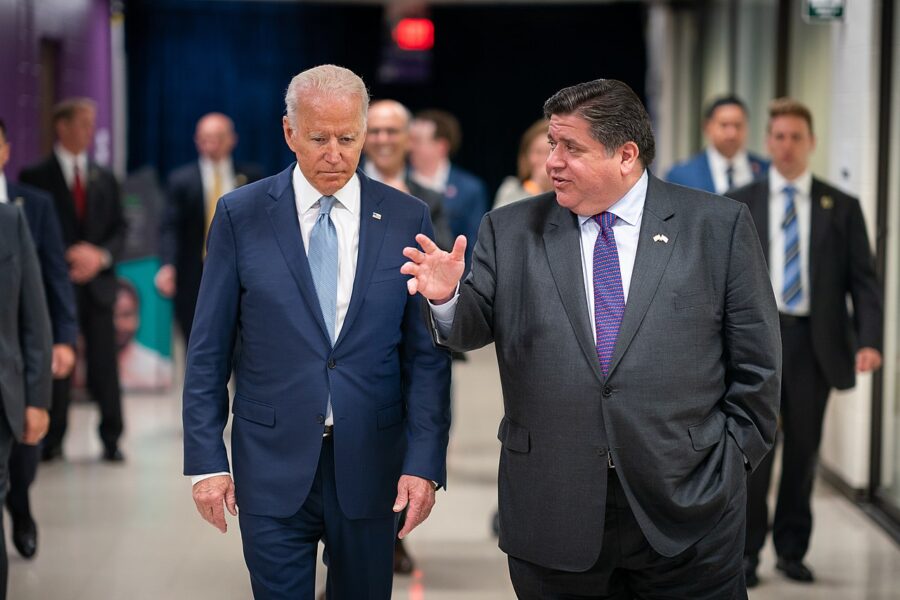
When addressing the issue of the Safety, Accountability, Fairness and Equity-Today Act, more commonly known as the SAFE-T Act, Governor Pritzker repeatedly refused to reveal what he would change about the act but assured Illinoisans that “I think there are clarifications that can be made in the law to make sure that everyone understands what this law does….” Still, Pritzker did promote several of his chief accomplishments to reduce crime, arguing that there would be a need to support police, create crime labs, and much more.
When confronted about his previous statements that he would repeal the SAFE-T act, Senator Bailey asserted that Governor Pritzker “…. signed a bill that is attaching revolving doors to every jail in the state of Illinois” after pointing to his support from police organizations as evidence of the supposed dangers of the act.
It is worth noting that the act provides a much-needed “Pretrial Practices Data Oversight Board,” which would “oversee the collection and analysis of data regarding pretrial practices in circuit court systems.” Nonpartisan institutional advocacy organization InjusticeWatch has warned that data collection delays will harm victims of crime, domestic violence, and sexual exploitation, citing multiple advocacy organizations. The bill also expands requirements for officers to wear body cameras. The act also creates a decertification process for officers who engage in misconduct, effectively meaning they can be removed from their current department and other departments they may try to apply to, preventing them from regaining their positions if they engage in said misconduct. Repealing the act would mean the removal of those expansions.

Moreover, the revolving door article does not accurately describe the SAFE-T act. While it is true that under 725 ILCS 195/2, the act does prevent risk assessment results from being the sole basis for pretrial custody, it does not abolish risk assessment results. Nor does it prevent their use. Furthermore, it does not prevent the detaining or holding of violent offenders, as judges can still mandate that alleged criminals be held before their trial. Whereas Governor Pritzker evaded specifics, Senator Bailey failed to represent the Act accurately.
Gov. Pritzker and Darren Bailey could not be more different on finances and taxes. When asked by Tahman Bradley about recent hikes in the gas tax, Pritzker noted that it had been several decades since the state had invested in its infrastructure, which the gas tax is intended to do. He further pointed to how using the support for infrastructure assisted Senator Bailey’s own district. In contrast, when asked about property taxes and funding education, Senator Bailey argued that the state could fund education while also lowering property taxes, which account for more than 60 percent of the state’s education funding.

